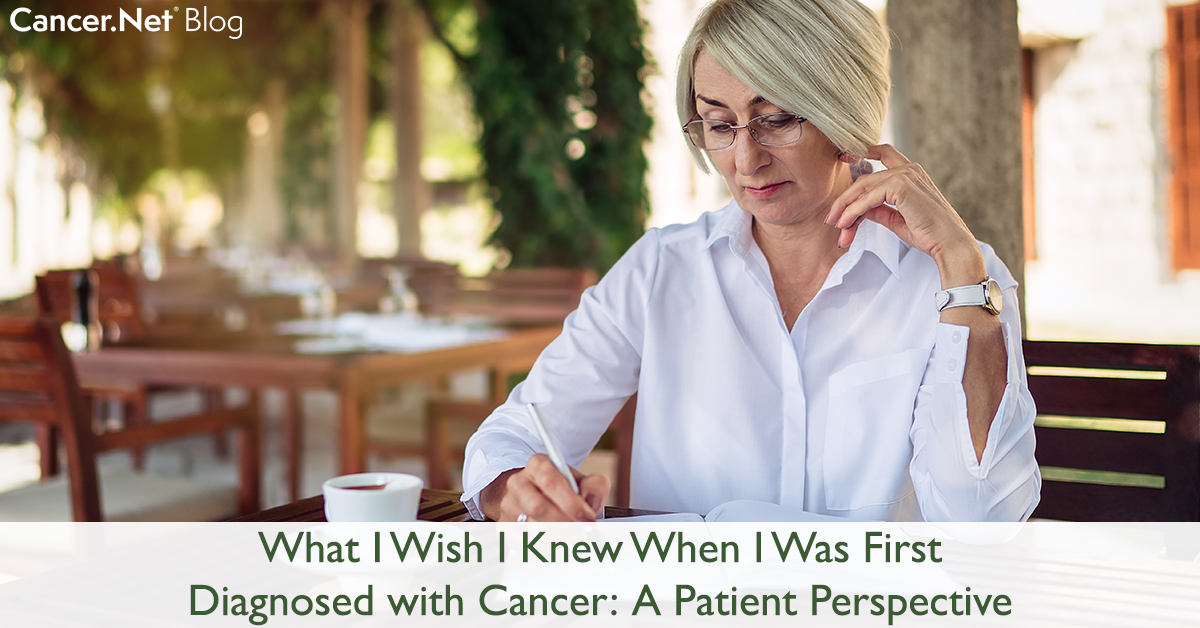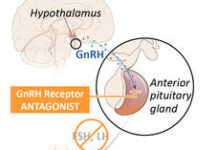
Helen Epstein is a journalist who lives in Massachusetts. She is the author of Getting Through It: My Year of Cancer During Covid. You can follow Helen on Facebook or her website.
Before I received my cancer diagnosis 2 years ago, I had never thought about how to prepare for cancer. Because COVID had exploded in the Boston area and thousands of people had canceled their medical appointments, my route from symptom to ultrasound to biopsy to surgery happened super fast—in less than a month!
My spouse and I had to make decisions quickly. I am lucky to have a next-door neighbor who has been through the cancer tunnel 3 times and was able to advise me. She told me to think through what I would need during treatment and to make those needs clear to my family, colleagues, and friends. Two weeks before my cancer surgery, I sent out a group email that read, in part: “Some of you have asked how you can help. Please hold your questions for the time being. Please send recommendations of your favorite movies and mini-series. For those within driving distance, please bake or cook something good to eat. On sunny days, you are urged to come visit outside.”
It has now been 2 years since my cancer diagnosis, and over the course of treatment and recovery, I have learned a lot more. Here are some of the things I wish I had known when I was first diagnosed with cancer.
1: Get regular checkups and act on symptoms fast.
During the COVID-19 pandemic, millions of Americans canceled routine medical appointments, tests, and annual physicals. I was one of them. Then, I noted a telltale symptom of a gynecologic cancer—in my case, a streak of blood on my underwear—and was diagnosed 2 weeks later. Cancer screenings saw a big decrease over the last 2 years; make sure you are screened for cancers accordingly.
2: Choose a doctor and medical team you trust.
My oncologist became the most essential person in my life for a time. I learned that you should trust your medical team and ask any questions you wish. You may be faced with difficult decisions and unexpected developments. You should also feel comfortable questioning procedures and saying “no” if you feel strongly about something. If you don’t feel comfortable with your doctor, it may be time to find a new one.
3: Choose a treatment partner you trust.
In many cases, your treatment partner will be a spouse or significant other, but several women I know chose a friend, family member, or neighbor to be theirs. Or, you may need a team of people to be your treatment partners. Whoever you choose, they should be readily available and 100% reliable. This person, or people, should be able to drive you to tests and appointments, take notes, help you evaluate options, and be there to help you remember what you forget.
4: Make a recovery plan for after treatment.
This plan should include things like how long you will be out of work, where you will recover, and whom you do and don’t want to see. I was diagnosed in May, so I could recuperate outside on my lawn with my husband, who has a home office, nearby. But regardless of the season or location, anyone going through cancer treatment should create a customized post-treatment environment with access to food, drink, and distraction.
5: Write everything about your cancer experience down in a notebook.
Or, try recording notes and taking photos on your phone. Even before I came down with chemobrain, I found myself so overwhelmed by information that I would forget or mangle most of it. My advice is to date every entry and capitalize what’s important. Use colored highlighters for important medications and emergency numbers. You can also use an app, like Cancer.Net’s mobile app, to keep track of things like side effects and appointments.
6: Tell people about your cancer when and how you wish.
Some people wish to keep their cancer diagnosis private; others want to make it public. I chose to let my family and friends know of my treatment plan with 1 group email. I chose that option because I have family all over the world and didn’t want to inform people one-on-one repeatedly.
7: Manage how much and what kind of information you take in.
After my cancer diagnosis, I was overwhelmed by the amount of information I received from my doctors, my friends, and the internet. I decided to manage my information intake by limiting my online searching, restricting myself to writing down only what my oncology surgeon told me, and talking to friends who had been through similar cancer treatments. Once I chose my surgeon, I did not second-guess her. I kept my information intake to only the stage of treatment that was currently at hand. I asked friends to hold their advice, and I did not read the advice that came my way via email from family and friends unless it was pertinent at the time.
8: Identify your support system and ask for what you need.
Some people are natural caretakers; others are not. Some friends and family knew my husband and I would need help, especially around food shopping and prep. Some wanted to help but did not know how and needed guidance. Some people needed to protect themselves, for all kinds of reasons that had nothing to do with me, and consequently avoided me. Trust that people will sort themselves out and that you will be surprised by whom and how.
9: Take the time and space to heal.
It can take a long time to recover from cancer treatment, whether you have surgery, chemotherapy, radiation therapy, or other types of treatment. I learned that it was important not to rush my recovery. For example, don’t go back to work full-time right away if you don’t have to. Treat yourself as you would a beloved child. Drink a lot of your favorite non-alcoholic drinks. Eat the foods you like. Make sure you get enough gentle exercise, such as walking or stretching. Use your electronics to bring you the music, movies, TV shows, radio stations, and podcasts you love. And read!
10: Try not to lose your sense of humor.
Life doesn’t stop being full of funny things while you have cancer. I found that having cancer can even deepen and enhance your perspective on life. Things that made me upset or uncomfortable before don’t bother me as much anymore. I value good relationships more and have let the problematic ones lapse. I enjoy every day.
The author has no relationships relevant to this content to disclose.






